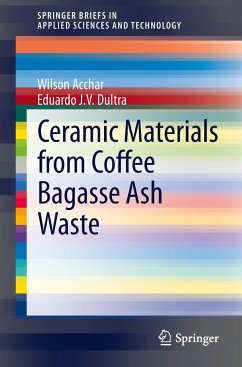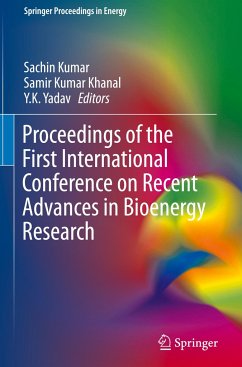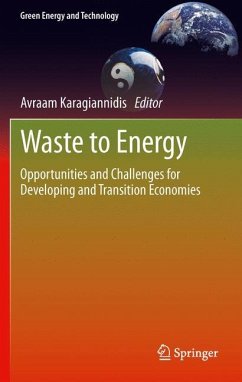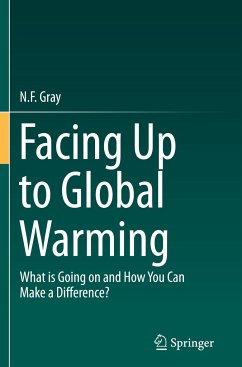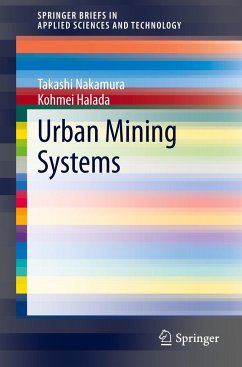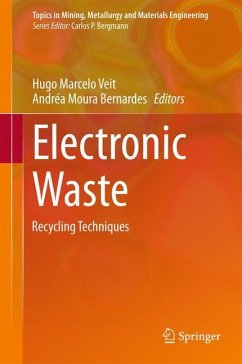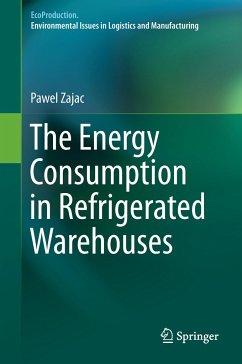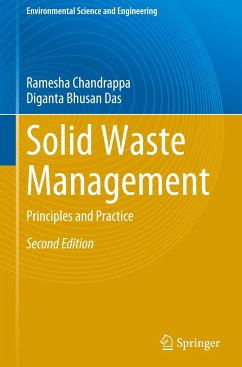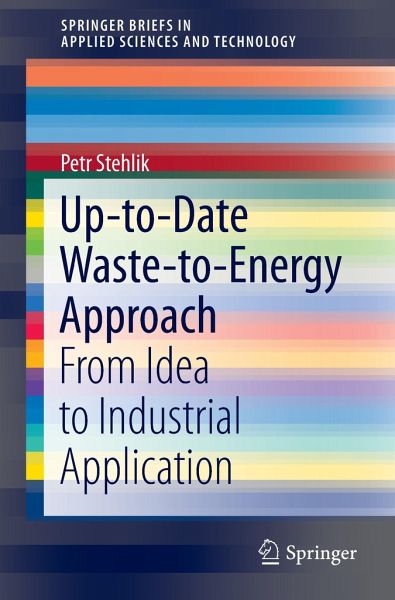
Up-to-Date Waste-to-Energy Approach
From Idea to Industrial Application

PAYBACK Punkte
19 °P sammeln!
Putting forward an up-to-date waste-to-energy approach that combines experience, sophisticated modeling and technical-economic analysis, this book examines the current need for the maximum utilization of energy from waste and the associated environmental impacts. It outlines step-by-step procedures for a complex and original waste-to-energy approach from the idea to its industrial application. With waste incinerators and industrial plants producing large amounts of pollutants, municipalities as well as smaller decentralized operations are beginning to focus on waste research. The principal adv...
Putting forward an up-to-date waste-to-energy approach that combines experience, sophisticated modeling and technical-economic analysis, this book examines the current need for the maximum utilization of energy from waste and the associated environmental impacts. It outlines step-by-step procedures for a complex and original waste-to-energy approach from the idea to its industrial application. With waste incinerators and industrial plants producing large amounts of pollutants, municipalities as well as smaller decentralized operations are beginning to focus on waste research. The principal advantage of utilizing research findings is the ability to apply a complex approach "from idea to industrial implementation" with respect to the needs of the market established by thorough market analysis. This book builds on this concept with an original approach that takes into consideration geographical aspects, the specifics of regions/micro-regions and technological units and/or equipment.Key areas discussed and analyzed in the text include: strategic planning of energy-source locations according to the nature of the respective region or microregion; types and amounts of wastes; logistics etc. using original mathematical models; consideration of on-site processing of various types of waste, taking into account the character of the region (agricultural, industrial etc.); tailor-made technologies for energy recovery from various types of wastes; implementation of individual technologies with original elements; and support for environmental protection based on advanced flue gas (i.e. off-gas in the case of incineration) cleaning methods.





